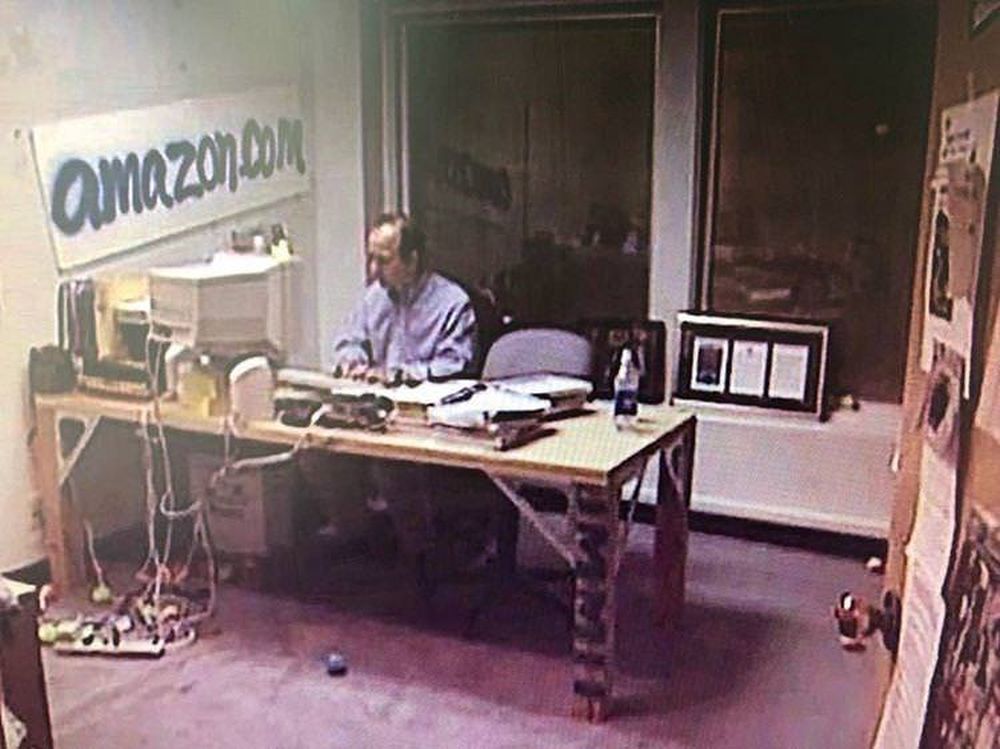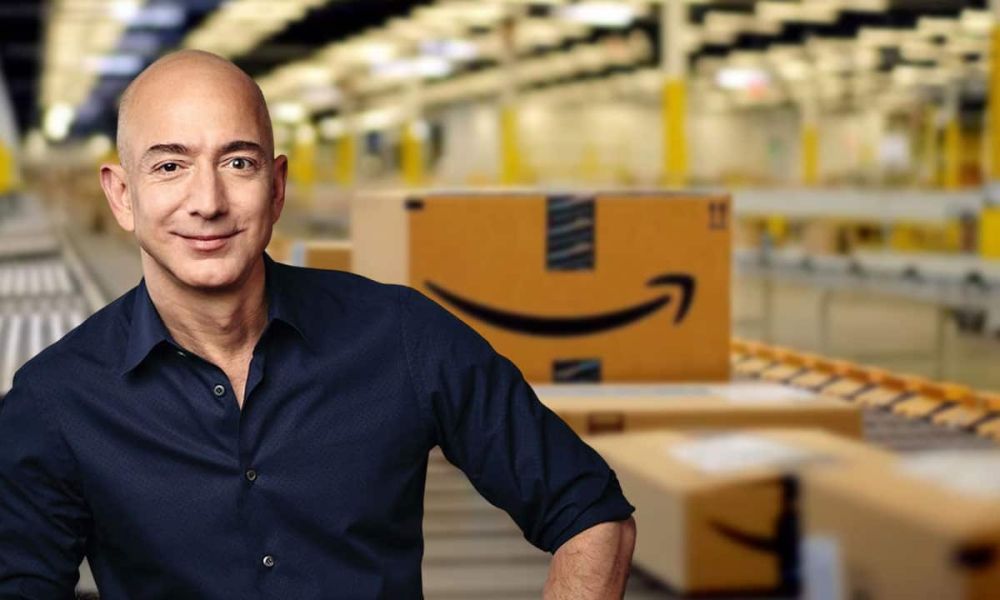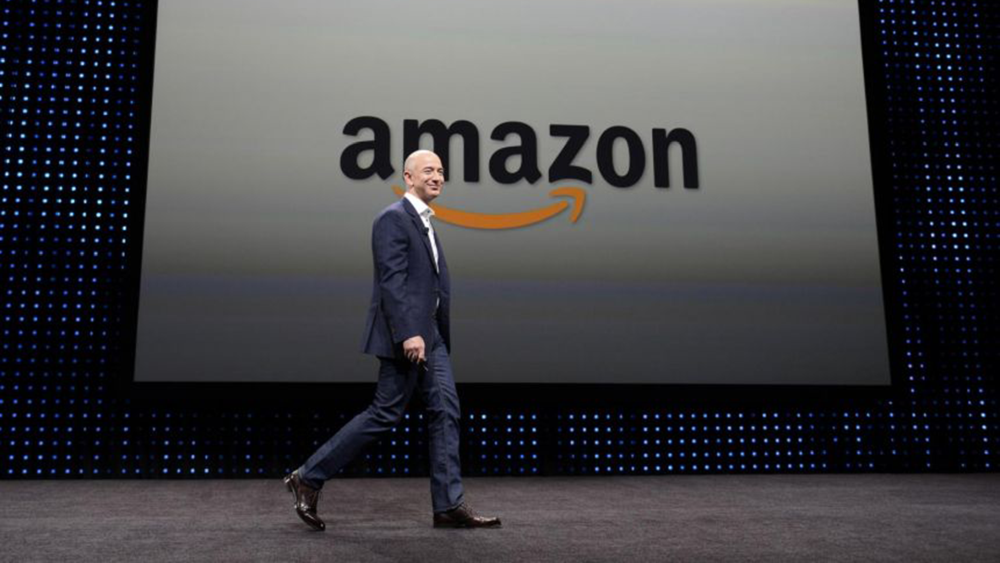Amazon, the world’s largest online retailer, was founded by Jeff Bezos in 1994. Bezos, who was then working at a hedge fund in New York City, saw the potential of the internet to revolutionize commerce. Inspired by the rapid growth of internet usage, he decided to leave his lucrative job and move to Seattle, where he began building his new company. Bezos initially wanted to name his company “Cadabra,” as in “abracadabra,” but after his lawyer misheard the name as “cadaver,” he decided to go with “Amazon,” a name that reflected the vast selection of books he planned to offer, akin to the massive Amazon River.

Bezos began Amazon as an online bookstore, operating out of his garage. He invested $10,000 of his own money into the venture and sought additional funds from his family and friends. Within its first two months, Amazon had sold books in all 50 U.S. states and 45 countries. The company’s rapid growth and customer-centric approach set it apart from traditional bookstores. Bezos implemented a business model that prioritized long-term growth over immediate profitability, focusing on customer satisfaction and low prices. This strategy allowed Amazon to build a loyal customer base and expand its product offerings beyond books.

As Amazon grew, it expanded its product lines to include music, electronics, and a wide variety of other consumer goods. The company’s growth was fueled by its relentless focus on innovation and customer service. In 1997, Amazon went public, raising $54 million in its initial public offering. Despite skepticism from Wall Street about its profitability, Amazon continued to grow, and by the early 2000s, it had become a dominant player in the e-commerce market. The introduction of Amazon Prime in 2005, which offered customers free two-day shipping for an annual fee, further cemented Amazon’s position as a leader in online retail.

Amazon’s success can be attributed to its visionary leadership, innovative business practices, and commitment to customer satisfaction. Under Bezos’s guidance, the company continually pushed the boundaries of what was possible in e-commerce. From developing new technologies like the Kindle e-reader to revolutionizing cloud computing with Amazon Web Services, Amazon has consistently been at the forefront of technological innovation. Today, Amazon is not only a retail giant but also a significant player in cloud computing, artificial intelligence, and entertainment, making it one of the most influential companies in the world.

